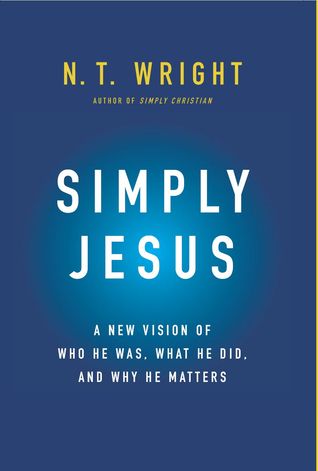More on this book
Community
Kindle Notes & Highlights
by
N.T. Wright
Read between
May 20, 2016 - October 15, 2019
The healing that Jesus offered for sick bodies was to penetrate to the very depths of one’s being. Transformed lives, healed from the inside out, are to be the order of the day when God becomes king.
But the point is that the great story had been etched into their minds and into their scripture-reading habits: the wicked rulers, the people’s suffering, the hero, the battle, the victory, the rule over surrounding nations, the establishment of God’s dwelling. This was what people were praying for, hoping for, waiting for when Jesus of Nazareth came on the scene.
Once we learn to think the way Jews of the time thought and indeed take into consideration the real political situation (rather than just a set of religious ideas or beliefs), the idea of a kingdom that is both emphatically present and emphatically future is not a problem. It is just what we should expect.
As with everything else Jesus did, it seems that he quite deliberately remodeled first-century Jewish expectations around himself.
If the Temple isn’t the center of everything, the place where heaven and earth meet, the building in which God and his people come together, then what is?
Jesus was, as it were, a walking Temple. A living, breathing place-where-Israel’s-God-was-living.
If Jesus is a walking, living, breathing Temple, he is also the walking, celebrating, victorious sabbath.
Clearly, Jesus was not apolitical—how could he be, talking about God becoming king in first-century Palestine?—but his “politics” don’t seem to fit the molds into which many have tried to squash him.
The gospels are not about “how Jesus turned out to be God.” They are about how God became king on earth as in heaven.


